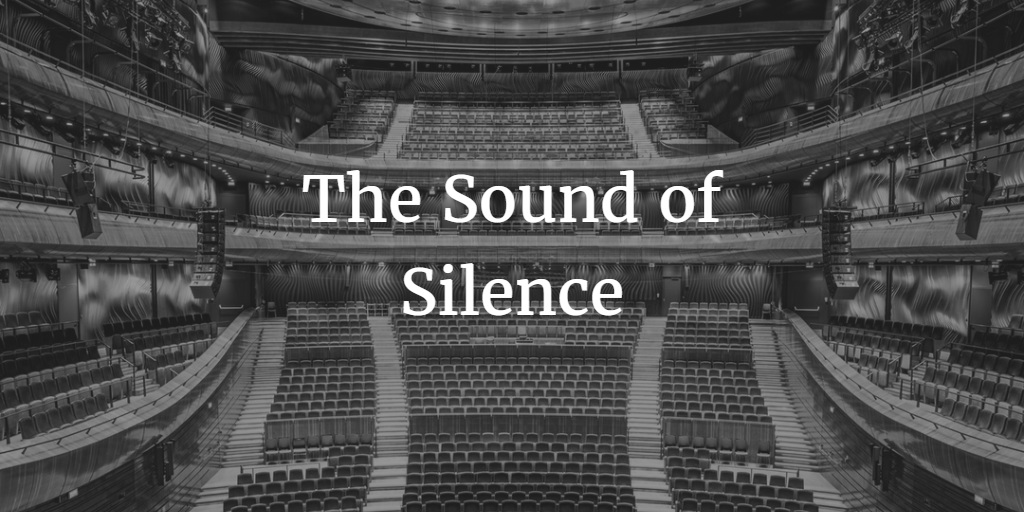Choir, and music in general is all about how to organize sound, so it seems incongruous to discuss the importance of silence in singing. But silence is an exceptionally important aspect of music, and here are three reasons why:
#1. Audience:
In classical settings, unlike more popular music concerts, the audience is expected to be quiet while the musicians are performing. This is so that everyone has the same opportunity to hear the subtleties and nuances of the music, so the musicians are not distracted by unnecessary noise, and because classical musicians rarely use electronic amplification.
#2. Applause:
Applause is generally the way an audience shows appreciation for the music they’ve just heard, but in some cultures, the audience expresses their appreciation through silence. This stems from the belief that applause interrupts the mood the music has just created. Applause is also often not used for music performed in religious ceremonies, or music that is part of a larger multi-movement work.
#3. Enhancement:
Within the music itself there can be silence as well. For a choir, the effect of singing acapella (without accompaniment) creates a feeling of greater intimacy with the audience. The composer can often use rests and pauses to great effect – using sudden silences as punctuation, or to enhance the emotional aspect of a given performance.
Listen to the emotional, and musical effect of small pauses between each phrase in our performance of ‘All Too Soon’:
How else can silence be important to music? Tell us in the comments below!


